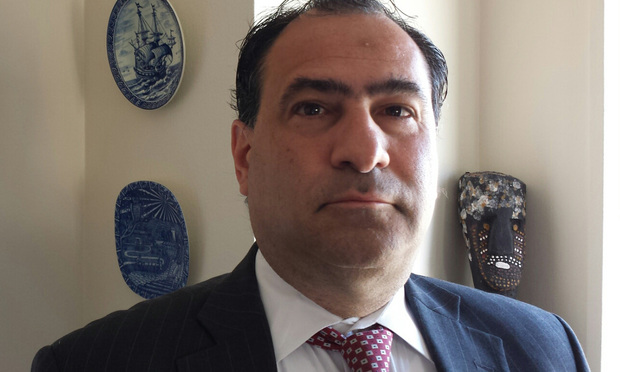Arbitration has been, together with intellectual property, a veritable battlefield with a substantial number of Supreme Court decisions in recent years. There is the populist view of consumers being deprived of their proverbial day in court and the resultant push by the Consumer Finance Protection Bureau to limit “forced” arbitration.1 There have been issues of state versus federal control of arbitration. There have been issues of arbitration clauses being mixed in with class action waivers.
The most recent battleground has been the employment area, which has excited many of the same policy fights as with regards to consumers. After several years in which every court found the Federal Arbitration Act (FAA) trumps the National Labor Relations Act (NLRA) bar on class action waivers, the U.S. Court of Appeals for the Seventh Circuit came out with its Lewis v. Epic2 decision recently and, in an epic result, found that the NLRA is not in conflict with the FAA and proscribes class action waivers in arbitration of employment disputes. Below is background and analysis of this revolutionary, but correct, result.



